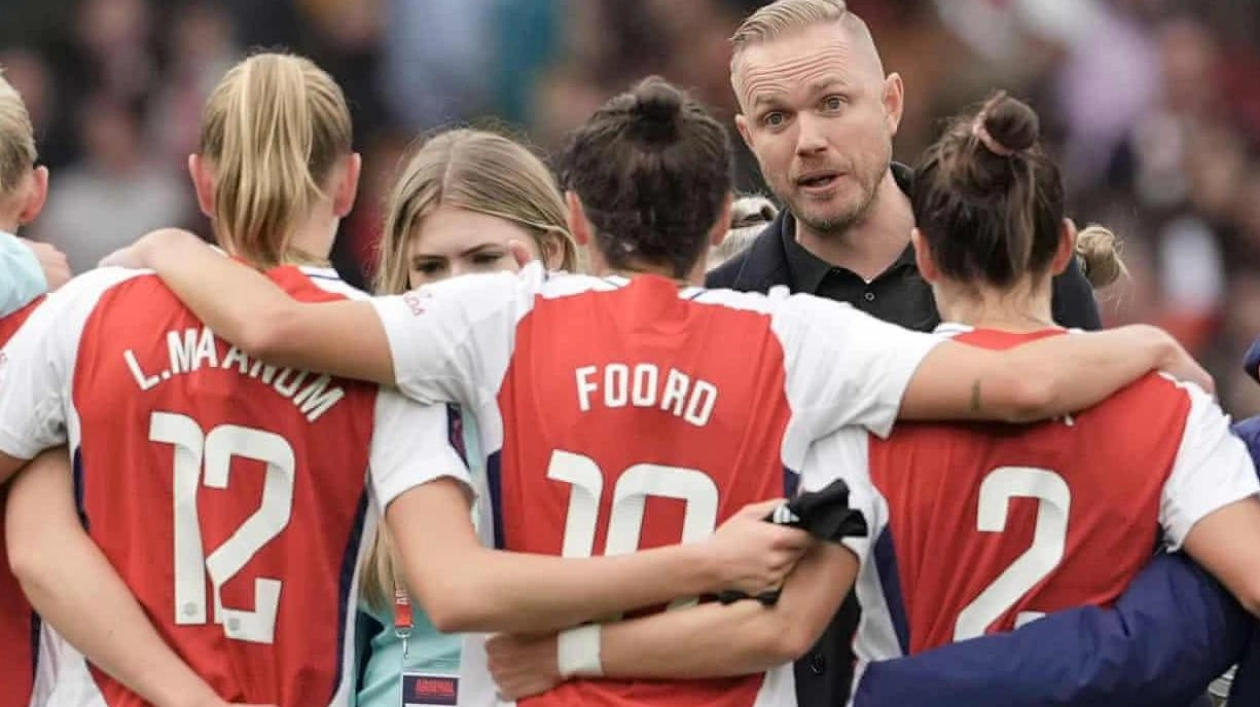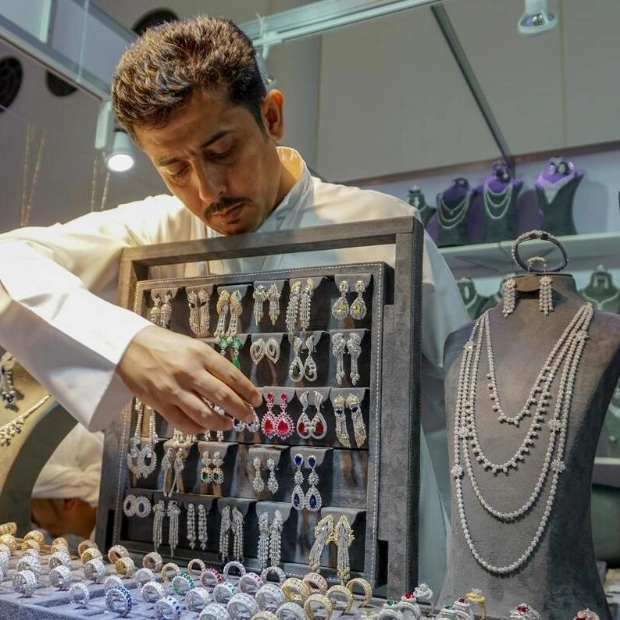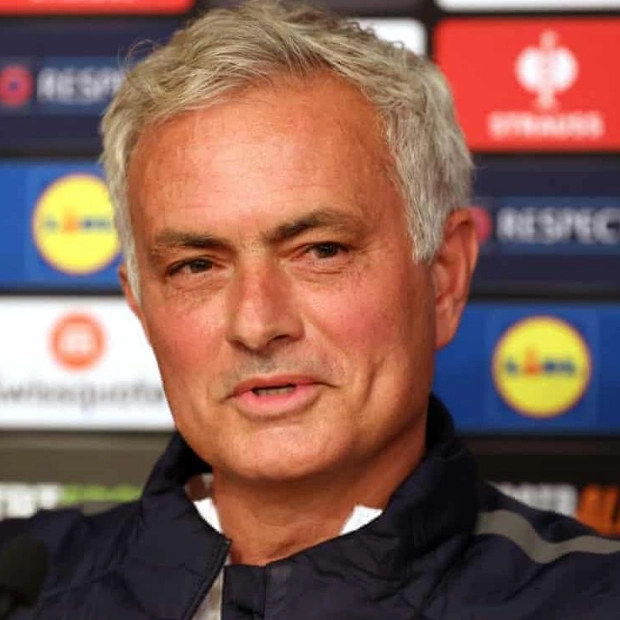It is disheartening to witness a journey that began with so much promise conclude in such a lackluster manner. This is the reality of Jonas Eidevall’s tenure at Arsenal, which started and ended with matches against Chelsea—his inaugural game a thrilling 3-2 win and his final one a disappointing 2-1 loss that encapsulated the persistent issues that never seemed to resolve.
The announcement on Tuesday that Eidevall had resigned as head coach was not entirely unexpected, yet it still came as a surprise. With only one win in three Women’s Super League games and a crushing 5-2 defeat against Bayern Munich in the Champions League prior to the Chelsea match, it seemed inevitable that the 41-year-old’s position was precarious. Whether he won or lost, Eidevall’s future appeared uncertain. However, with an international break just two games away and a winter break on the horizon, it seemed unlikely that Arsenal would act so swiftly.
Eidevall’s resignation suggests that the decision originated from him, which is plausible. If the situation had continued to deteriorate, his tenure would not have lasted, but he is also human, susceptible to the harsh criticism and aware of the intense scrutiny he faced. The atmosphere had become increasingly toxic, with “Jonas out” graffiti near the Emirates Stadium and a mock P45 waved in the stands, reflecting the fans’ discontent.
Where did it all go wrong, and how should we assess the Swede’s three years in charge? When Eidevall arrived in north London, replacing Joe Montemurro, he inherited a team struggling against key title rivals. Morale was low, and Montemurro, though well-liked, was deemed insufficient. The club was also in the midst of revamping facilities and staffing around the team.
Eidevall’s first game against Chelsea at the Emirates Stadium set a high standard, showcasing a more streetwise side against top opponents. Last season, they secured the most points from games between the top three, delivering some remarkable performances and results. However, the issue arose against teams they should have dominated, who would sit back, allow possession, and prove difficult to break down. Points dropped against West Ham, Liverpool, and Tottenham cost them a serious title challenge.
Arsenal was forgiven, though, as key players like Leah Williamson, Vivianne Miedema, Beth Mead, and Laura Wienroither were gradually reintroduced after anterior cruciate ligament injuries. The previous season had similar caveats, with those players contributing to an epic injury crisis. Despite this, they achieved back-to-back League Cups and an incredible Champions League run to the semi-finals, where they overcame a two-goal deficit to draw 2-2 with Wolfsburg before losing 5-4 in extra time at a sold-out Emirates Stadium.
The mood at the end of last season was one of hope—hope for consistency, more time together before Champions League qualifiers, and a less injury-hit squad to challenge for all four trophies. However, the tide turned against the manager when it was announced that Miedema would be allowed to leave upon the expiration of her contract. The WSL’s record goalscorer, in her prime at 28, was permitted to join title rivals Manchester City, delivering a double blow.
While the decision would not have been solely Eidevall’s, the manager bore the brunt of fan distress at the loss of a hero and key asset. Relations soured, and this season’s form only exacerbated the situation. The 2-2 draw with Manchester City was tolerable, but the 0-0 draw with Everton was not. Despite 69% possession, 21 shots, and 45 touches in the opposition box, Arsenal could not score.
The defensive collapse against Bayern, leading to three Pernille Harder goals in 13 minutes, indicated the team was regressing. Chelsea should have been an opportunity to lift spirits, but the hosts conceded twice early, allowing Sonia Bompastor’s side to sit back and absorb pressure, where Arsenal struggled.
Eidevall had focused much of his pre-match media briefing on defending set pieces, yet Arsenal conceded four goals from dead balls across the Bayern and Chelsea games. The deflated faces of players at full time reflected the dressing room he had partly lost. First-team assistant coach Renée Slegers will take charge temporarily while the club seeks a replacement.
Is Arsenal in a better place than when Eidevall arrived? Undoubtedly, on and off the pitch. However, it has been a case of two steps forward and a small one back.






